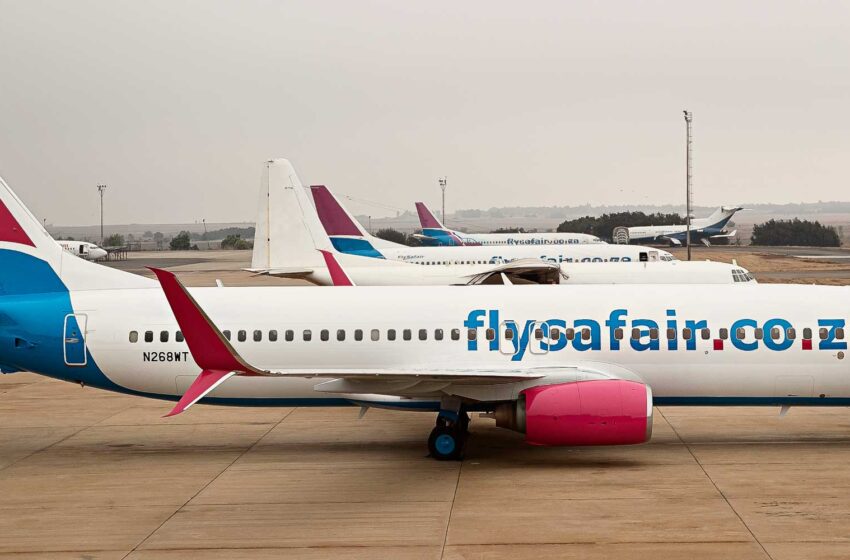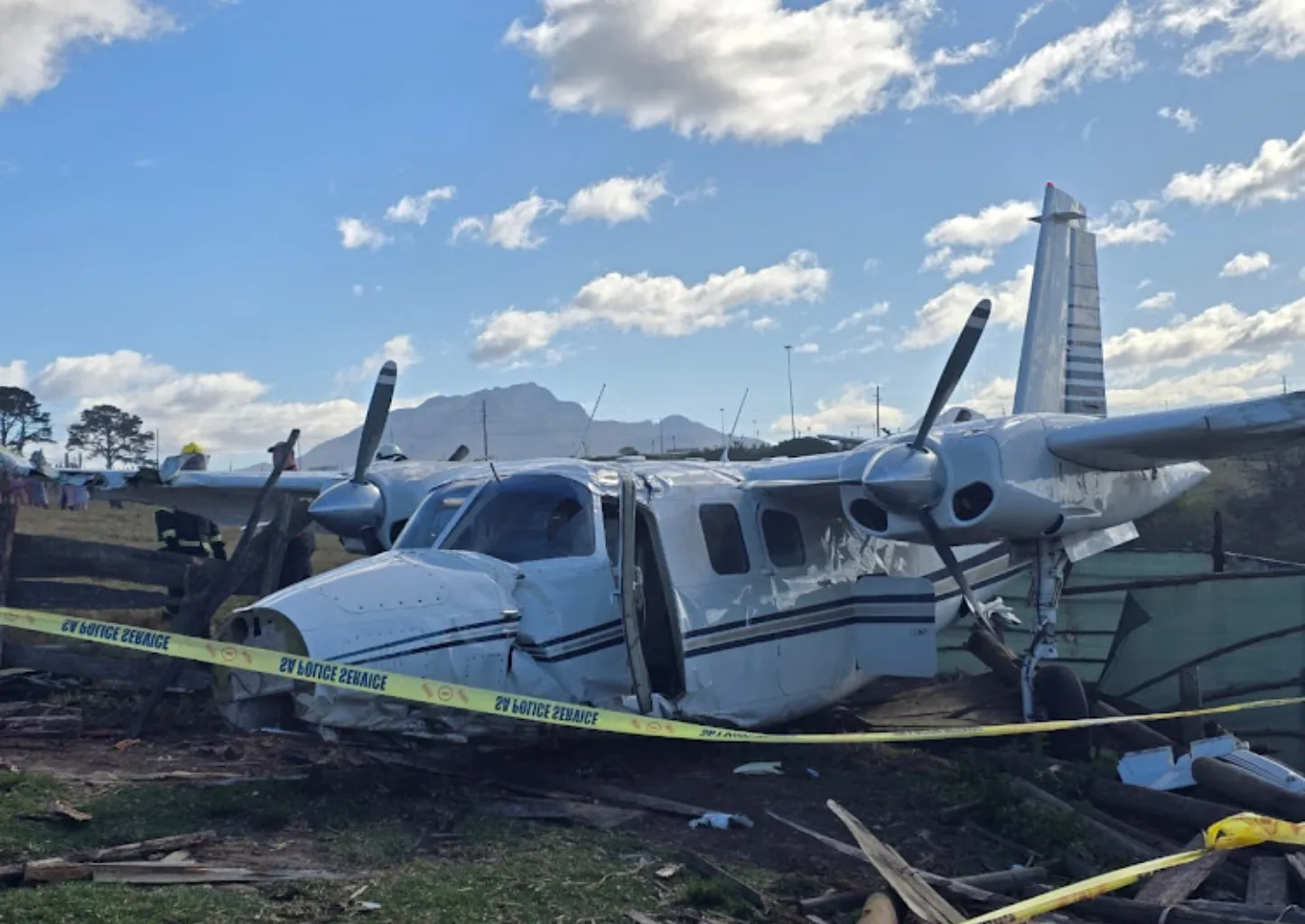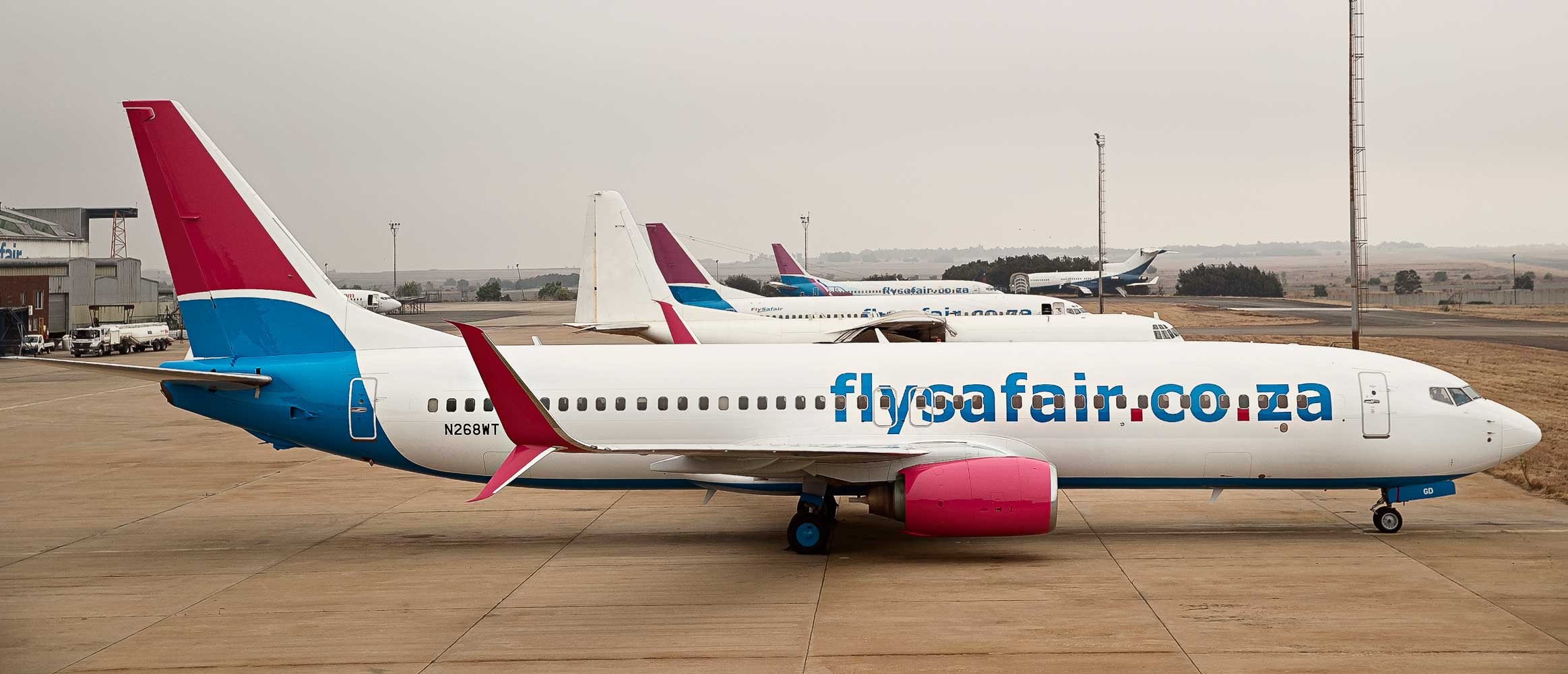FlySafair strike over wages and working conditions: Travel disruptions loom

FlySafair Strike
FlySafair is bracing for turbulence—not in the air, but on the ground—as pilots represented by the Solidarity trade union have announced a two-week strike beginning Monday, 22 July. The move marks a significant escalation in ongoing wage negotiations and comes amid rising discontent over what pilots describe as poor working conditions and unfulfilled promises by the airline.
The looming industrial action threatens to disrupt flights across South Africa, potentially impacting thousands of passengers and further straining the local aviation sector.
Solidarity Confirms Strike Action After Failed Wage Talks
The Solidarity trade union, which represents a majority of FlySafair’s pilots, confirmed the strike on Thursday after months of unsuccessful negotiations. According to union spokesperson Willie van Eeden, the decision followed protracted discussions around pay disparities and working conditions, which management allegedly failed to resolve.
“We have tried every avenue to reach consensus. Our members feel they are being undervalued while contributing to FlySafair’s consistent profitability,” van Eeden said. He added that the strike is a last resort, aimed at compelling the airline to prioritize fair compensation and better working conditions.
Pilots Demand Fair Pay and Safer Conditions
At the heart of the dispute is a wage structure that pilots argue does not reflect their workload, qualifications, or the rising cost of living. Additionally, they have cited excessively long rosters, fatigue, and a lack of structured rest periods as growing safety concerns.
“Our members love flying, but they cannot continue under conditions that risk their health and safety,” said Solidarity. Pilots are also calling for improved transparency in career progression and access to fair dispute resolution mechanisms within the company.
FlySafair Acknowledges Dispute, Plans Contingency Measures
FlySafair has confirmed it is aware of the planned industrial action and is developing a contingency plan to minimize disruption. In a brief statement, the airline emphasized that it remains open to continued dialogue but stopped short of confirming any immediate concessions.
“We are committed to constructive engagement and maintaining safe, reliable operations,” FlySafair said, while urging passengers to monitor flight updates and remain flexible during the two-week period.
Industry experts warn that while FlySafair may attempt to maintain a reduced schedule, delays and cancellations are likely, especially if the strike garners broad participation among flight crews.
READ ALSO
Tiffany Meek: Bail hearing begins as she denies killing son Jayden Lee
Labour Discontent Reflects Wider Industry Trends
This dispute is part of a broader pattern of labour unrest in South Africa’s aviation sector, where cost-cutting, post-pandemic recovery, and rising operational demands have left many workers disillusioned. Though FlySafair is considered one of the country’s most efficient carriers, insiders say morale has dipped in recent months due to stagnant pay and demanding schedules.
Aviation analyst Phumzile Ndlovu notes that pilots across various airlines are pushing back against what they describe as exploitative practices masked as efficiency. “This is not just about money, it’s about sustainability, health, and fairness,” she said.
Passengers Urged to Prepare for Disruptions
With strike action confirmed, passengers scheduled to fly with FlySafair between 22 July and 5 August are being advised to check flight statuses regularly, consider flexible travel dates, and ensure contact details are updated with the airline.
Travel agencies and corporate clients are also being urged to make alternative arrangements where possible, particularly on high-traffic domestic routes such as Johannesburg–Cape Town and Durban–Cape Town.
What Happens Next?
As the strike deadline approaches, pressure is mounting on FlySafair’s management to return to the table with a revised offer. The union has indicated that the strike will proceed unless meaningful proposals are presented over the weekend.
If unresolved, the situation could set a precedent for future airline labour disputes in the region and force stakeholders across the aviation industry to reassess how they handle wage and welfare issues.
For now, South Africa’s skies remain uncertain, and FlySafair passengers may need to brace for impact.



